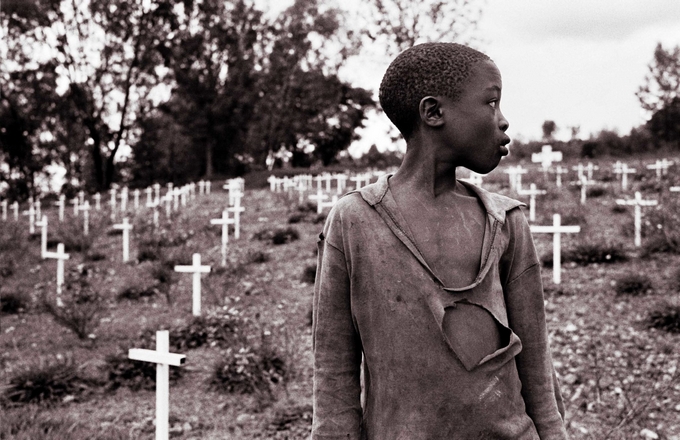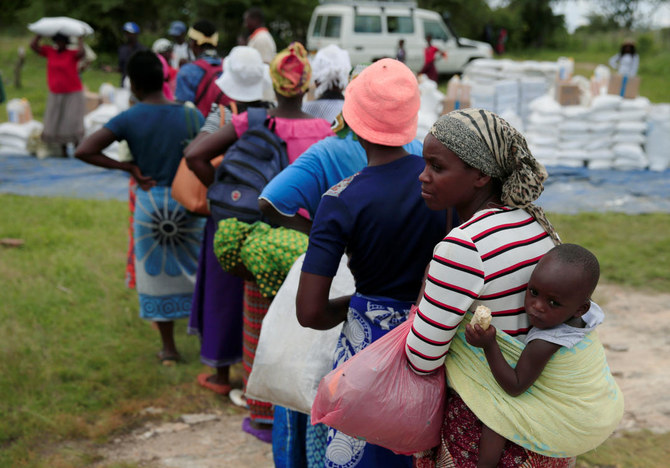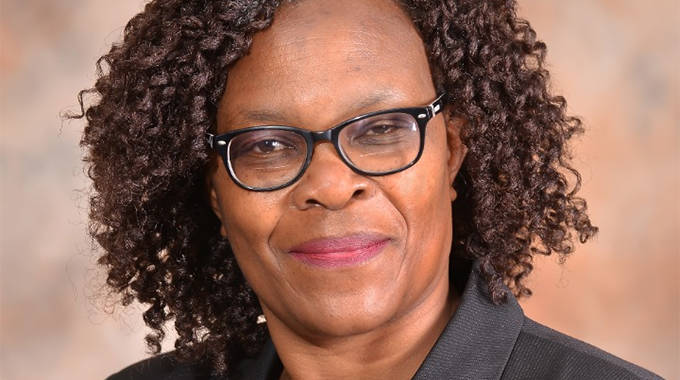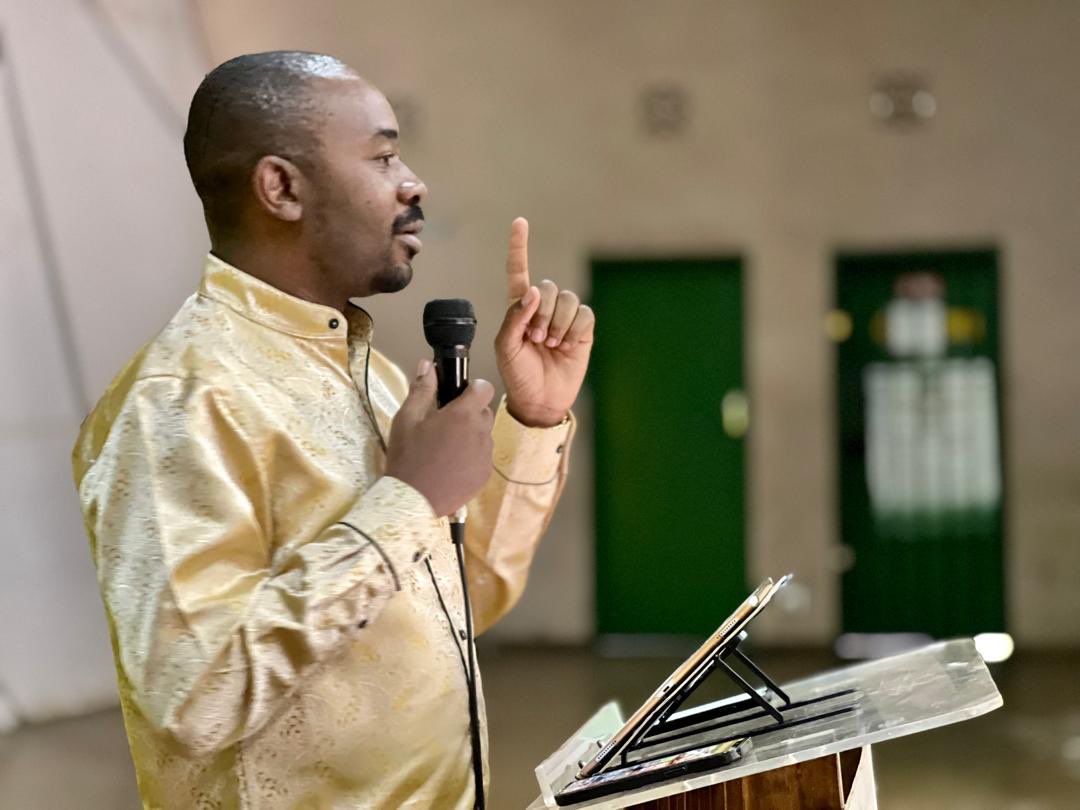HARARE – President Emmerson Mnangagwa spoke for the first time about Zimbabwe’s deepening economic crisis on Monday, more than a week after a shock new tax on electronic money transfers and a decision to de-dollarize triggered mayhem.
Mnangagwa, his government struggling to gain traction after a disputed election win on July 30, said there was “no need to panic”, even as he warned that the road ahead would be “long, winding and sometimes bumpy.”
In major cities and outlying towns, some major supermarkets and retailers shut shop as fuel shortages continued to be experienced across the country. Prices of essentials like drugs and cooking oil went through the roof as panic swept through the country.
Students at the University of Zimbabwe in Harare blocked roads in protest after commuter omnibus drivers raised fares from $0.50 to $0.75 and a $1 in some cases.
Mnangagwa sought to calm the restive population, saying in a statement that the 2 percent tax on electronic transfers, and the decision to separate foreign currency accounts from the bond note accounts was part of his government’s plan to return the country to “steady economic growth.”
“Cognisant of the scale and urgency of the challenges facing us, our plan is bold and far reaching, and will have the desired effect,” he declared.
Mnangagwa made no mention of weekend calls by MDC leader Nelson Chamisa for a meeting between the two men to thrash out what the latter called “hanging political issues”.
Chamisa has refused to concede defeat to Mnangagwa after a closely fought election, which the MDC says was rigged to hand Mnangagwa the presidency.
Zimbabwe has been borrowing from foreign lenders to fund its import requirements – mainly for fuel, medical drugs, wheat, cooking oil inputs and electricity.
A Harare economist told ZimLive that the situation was unsustainable. “It’s like borrowing from your neighbour to buy bread everyday. You just know it cannot go on forever and soon enough you’ve to face the harsh realities of the moment,” he said.
Receipt for 2 litre pure drop cooking oil for $10.99 (7 October 2018)#Zimbabwe pic.twitter.com/kpOQ04SzIi
— Povo Zim (@povozim) October 8, 2018
Mnangagwa said he understood the difficulties Zimbabweans face, saying his government would “do all in its power to minimise them.”
“We’re already taking the lead by cutting back on unnecessary spending. The only way to a stronger economy is to restructure, rebuild and reform,” he said.
Kholwani Nyathi, editor of the weekly Standard newspaper, said on Twitter: “Mnangagwa’s statement would have been brilliant had it been prefaced with an admission and apology for the wasteful expenditure that got us here. Command agriculture, luxury cars for traditional leaders, the splurge on the Zanu PF election campaign… What guarantee is there that it won’t happen again after we have taken the pain?”
UZ students have blocked the road as they continue to protest the bus fare price hike. They’ve chased the kombi’s away. They demand to pay 50c pic.twitter.com/aXw5aM6lUI
— Her Grace ? (@grace_takudzwa) October 8, 2018
In comments that appeared directed at Chamisa, Mnangagwa said “we must all be realistic, whatever some may claim, there are no silver bullets or quick fixes.”
“There is no need to panic, and government is guaranteeing the availability of all essential commodities, including fuel,” he went on.
“We are on a shared journey to a better and more secure future. The road is long, winding and sometimes bumpy, but there is no other way. This is the road to a middle-income country and if we travel it together, with patience and purpose, we’ll realise our vision.”
Dumisani Muleya, editor of the business weekly, the Zimbabwe Independent, said the government had triggered the crisis through “inappropriate regulation, taxation and subsidies.”
“The government has no plan and no strategy, just muddling through,” he opined.
















